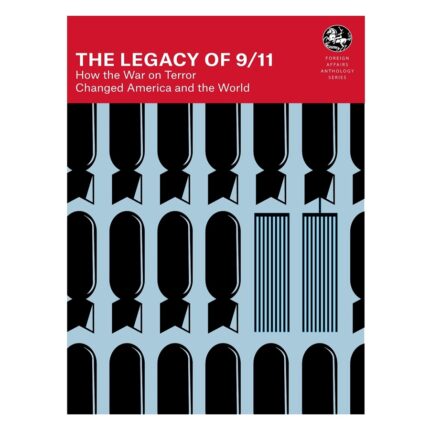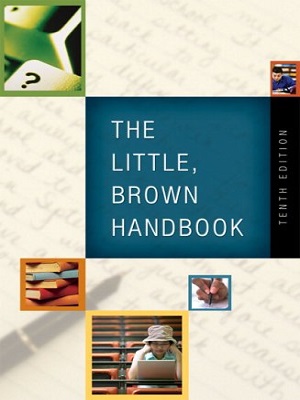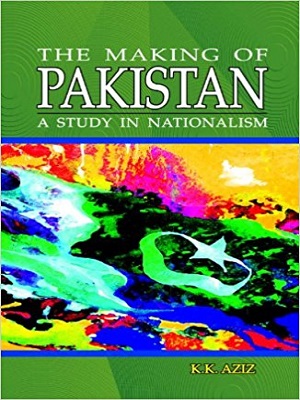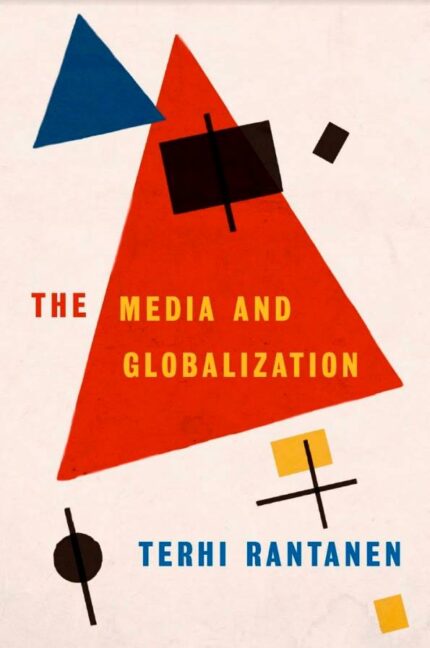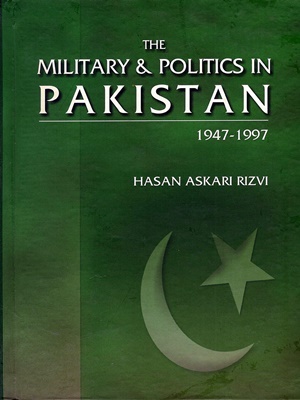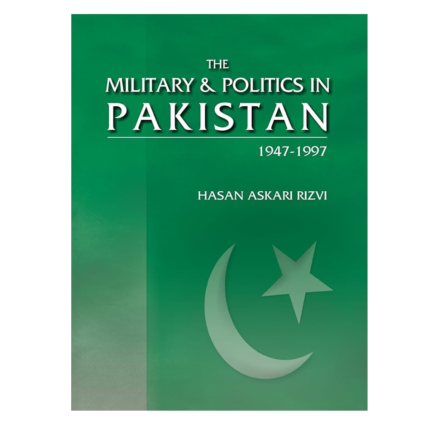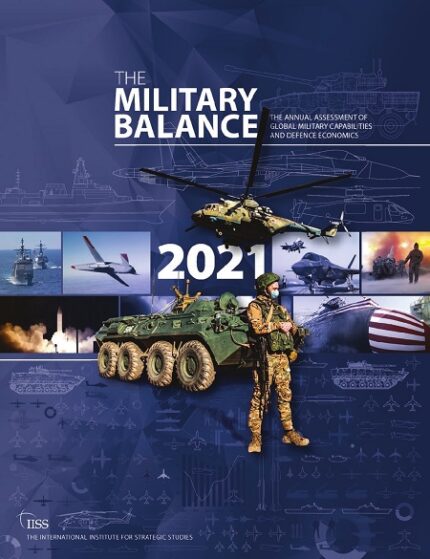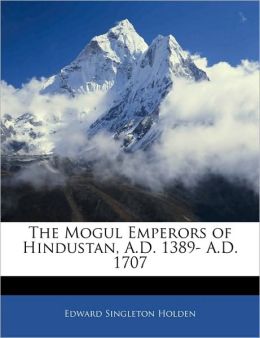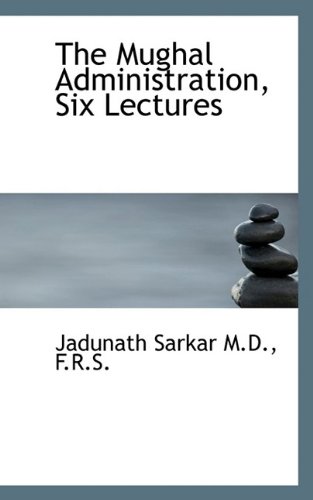The Islamic Conception of Life
The Islamic Conception of Life - The vitality of any society, people or civilization depends in a large part on its philosophy of life conceived and practised. In his natural state, man scarcely thinks of anything but his own individual interests, and then only later of his close relatives. However, there have been human groups in every epoch who have particularly distinguished themselves. When we study the features and characteristics of past civilizations (and we are now possibly at the dawn of another one) we find that even though one group may become distinguished as the torch-bearer for a civilization in a particular epoch, that does not necessarily mean that all other contemporary groups would be living in a state of savagery.
The Legacy of 9/11 – How the War on Terror Changed America and the World
The Little Brown Handbook 10th Edition By H Ramsey Fowler
The Making of Pakistan: A Study in Nationalism By K.K Aziz
The Media and Globalization By Terhi Rantanen
The Media and Globalization By Terhi Rantanen. This is a necessary and very original book that really does address the lack of attention to media in previous discussions about globalization'
- James Lull, San Jose State University
There is practically no globalization without media and communications. Yet this relationship is so obvious it is often overlooked. Rantanen challenges conventional ways of thinking about globalization and shows it cannot be understood without studying the role of the media.
This book offers:
The Military & Politics in Pakistan 1947-1997 By Hasan Askari Rizvi
The Military and Politics in Pakistan 1947-1997 By Hasan Askari Rizvi
The Military Balance 2021
The Mogul emperors of Hindustan, A.D. 1389- A.D. 1707 (1895)
A COLLECTION of miniatures of the Mogul emperors, some of which are copied in this book, came into my hands many months ago. The accounts of these unfamiHar personages which are given in the ordinary books of reference I found to be inadequate and frequently incorrect. Accordingly, I devoted the spare hours of a long and harassing winter to reading the original memoirs of the native historians of India and the accounts of early ambassadors and travellers to the court of the Great Moguls.
The Mughal administration, six lectures (1920)
This is a task o£ admitted diSiculty, pirtly because so many of the records have perished in the course of time, but mainly because it is only men experienced in the actual conduct of modern Indian administration who can go to the very heart of the Mughal system and make the dead past live again before our eyes. The great historian of the Decline and Fall of the Roman Empire has confessed that his experience as a captain in tbe English militia and as a member of the British Parliament enabled him to understand aright the campaigns of the Roman generals and the debates of the ancient Roman Senate. We who are closet students of Indian history can deal only with old paper, with MS. records of the past ; we can touch only the exterior of the Mughal system.







